Are Tulips Toxic to Cats?
Tulips are a beautiful flower, but they can be toxic to cats. If your cat ingests any part of a tulip, it's important to seek veterinary attention immediately. In this blog post, we'll discuss the toxicity of tulips to cats, the symptoms of tulip poisoning, and what to do if your cat ingests a tulip.
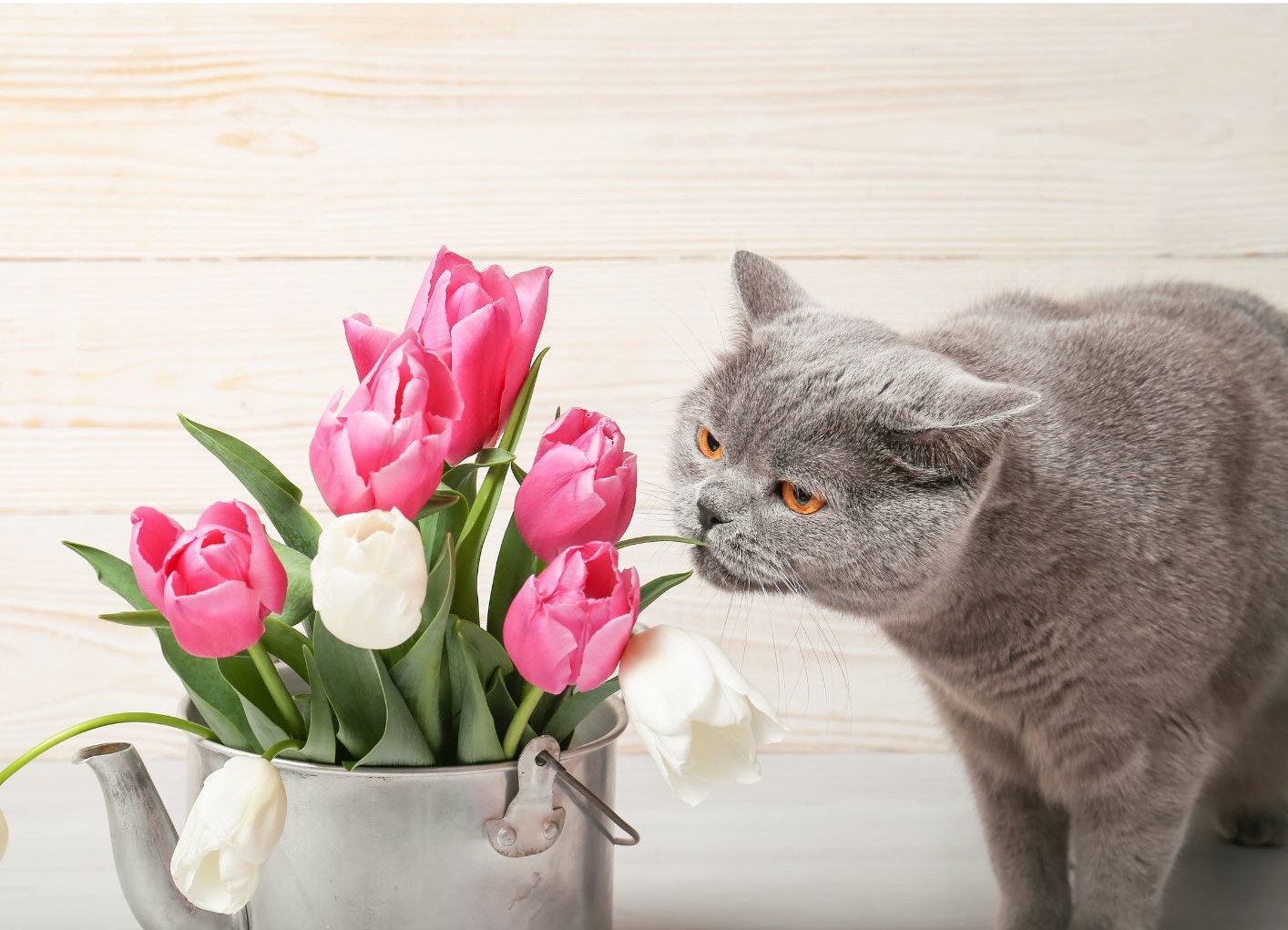
Tulips Are Toxic to Cats
Tulips are one of the most popular flowers in the world, and for good reason. They come in a wide variety of colors, they're relatively easy to care for, and they look beautiful in any arrangement. However, tulips can be toxic to cats. If your cat ingests any part of a tulip, it's important to seek veterinary attention immediately.
Tulip Toxicity
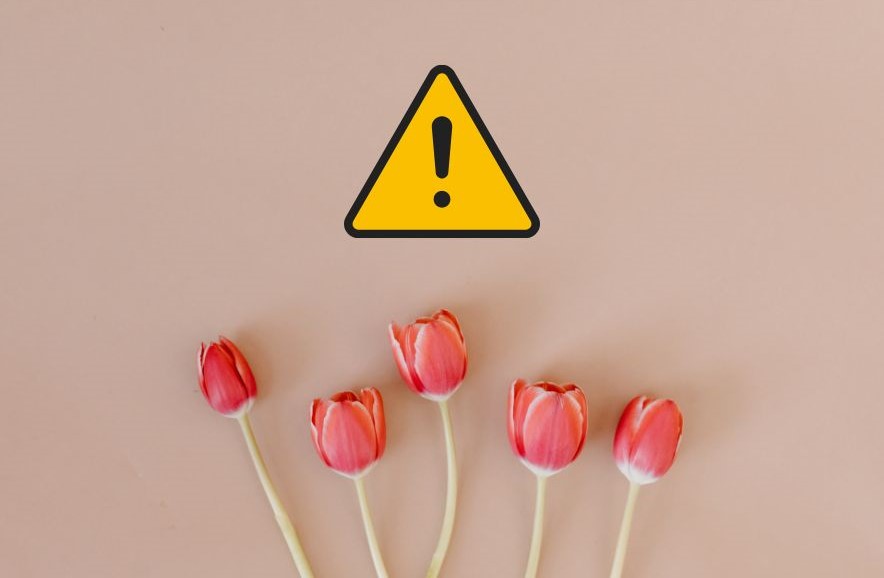
Tulips are toxic to cats because they contain glycosides, which are a type of toxin that can cause vomiting, diarrhea, lethargy, and other symptoms. The tulip bulb is the most toxic part of the plant, but all parts of the tulip plant can be harmful to cats. Tulipa spp., as per tulip scientific name, it is also toxic to dogs and horses (American Society for the Prevention of Cruelty to Animals, also knows as ASPCA)
Symptoms of tulip poisoning
The symptoms of tulip poisoning in cats can vary depending on the amount of tulips ingested and the cat's individual sensitivity to the toxin. According to ASPCA, some common symptoms of tulip poisoning in cats include:
Vomiting
Diarrhea
Depression
Hypersalivation
What to do if your cat ingests a tulip?
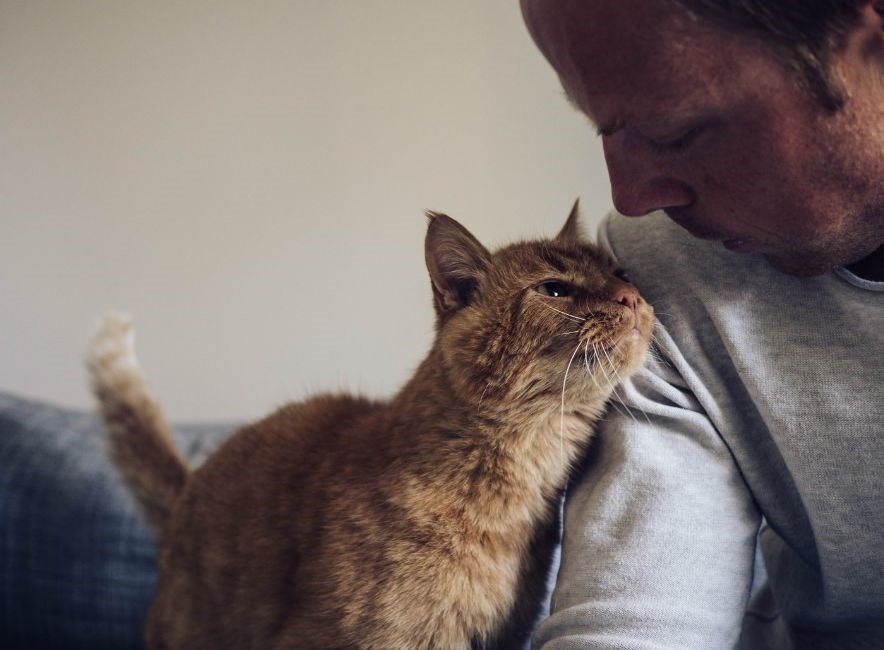
If you think your cat has ingested a tulip, it's important to seek veterinary attention immediately. There is no specific antidote for tulip poisoning, but your veterinarian may be able to induce vomiting or give your cat activated charcoal to help absorb the toxin. In severe cases, your cat may need to be hospitalized for supportive care.
How to keep your cat safe from tulips?
The best way to keep your cat safe from tulips is to keep them out of your cat's reach. This means storing tulips in a place where your cat can't get to them, and disposing of tulip bulbs properly. You should also avoid giving your cat tulips as a gift.
Safe Alternatives to Tulips for Cat Owners
African violets
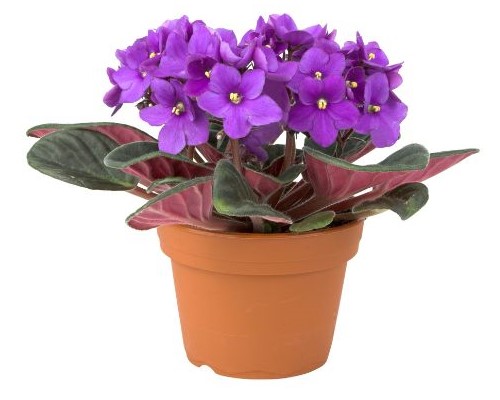
Small and colorful flowers that are perfect for indoor plants. They are not toxic to cats and can add a touch of beauty to any home.
Asters
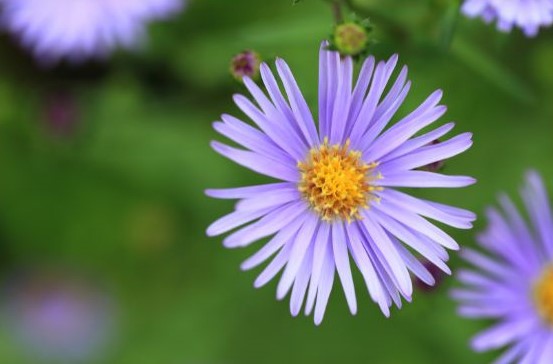
Another type of indoor flower that is safe for cats. They come in a variety of colors, including purple, white, and yellow.
Blazing Stars
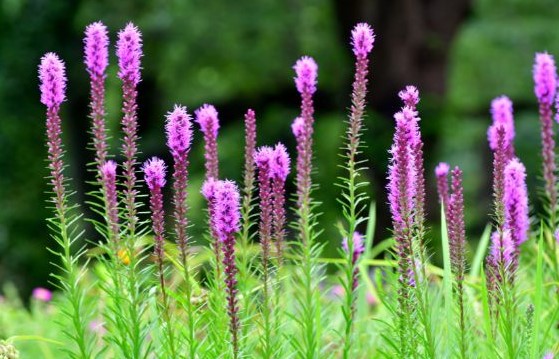
Beautiful wildflowers that are native to North America. They are not toxic to cats and can be grown in gardens or in containers.
Freesias
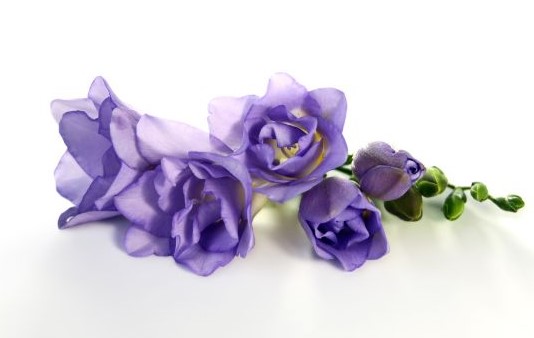
Fragrant flowers that come in a variety of colors, including yellow, orange, and pink. They are not toxic to cats and can be grown indoors or outdoors.
Gerber Daisies
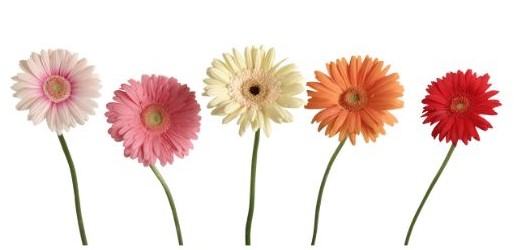
Cheerful flowers that come in a variety of colors, including red, white, and yellow. They are not toxic to cats and can be grown indoors or outdoors.
Orchids
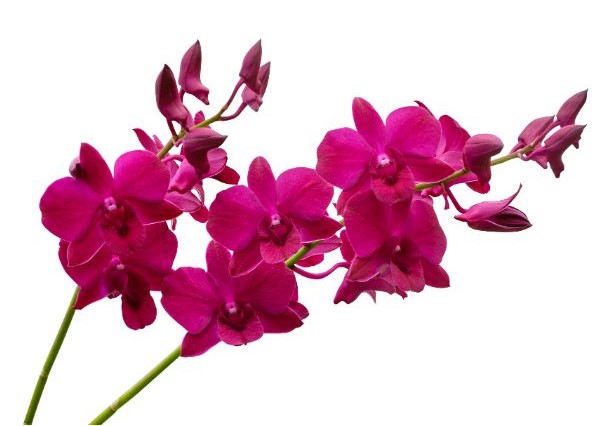
Exotic flowers that come in a variety of shapes and sizes. They are not toxic to cats but can be harmful if ingested in large quantities.
Roses

Classic flowers that are perfect for any occasion. They are not toxic to cats but can cause mild stomach upset if ingested in large quantities.
Snapdragons
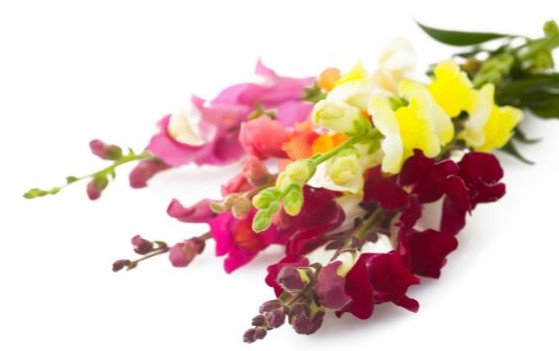
Colorful flowers that are perfect for bouquets. They are not toxic to cats but can cause mild stomach upset if ingested in large quantities.
Statice
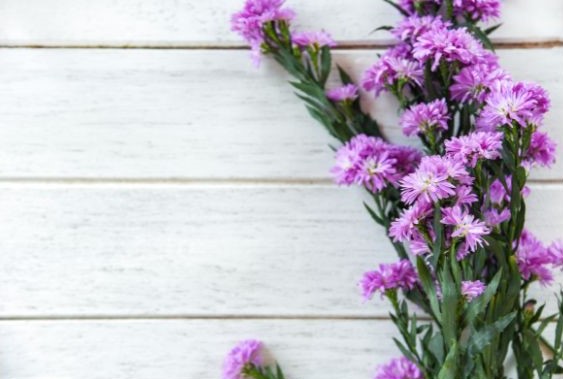
These dried flowers that are perfect for arrangements. They are not toxic to cats and can add a touch of elegance to any home.
Sunflowers
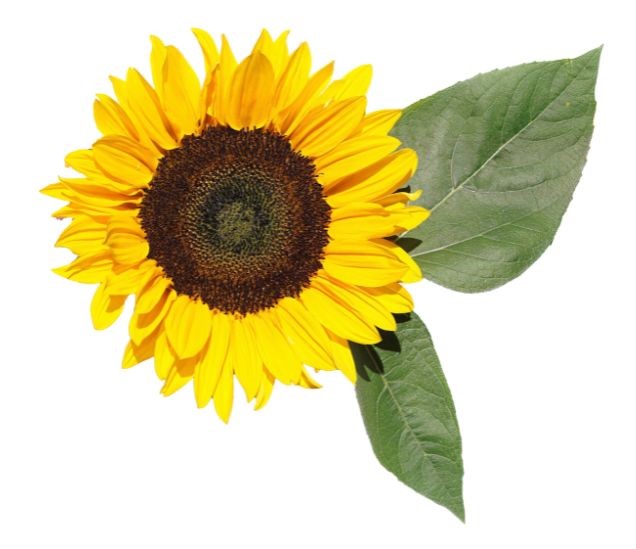
They are large, cheerful flowers that are perfect for gardens. They are not toxic to cats and can add a touch of sunshine to any space.
Tulips are a beautiful flower, but they can be toxic to cats. If you have a cat, it's important to be aware of the risks of tulip poisoning and take steps to keep your cat safe.
If you have any questions about the toxicity of tulips to cats, please don't hesitate to contact your veterinarian.

